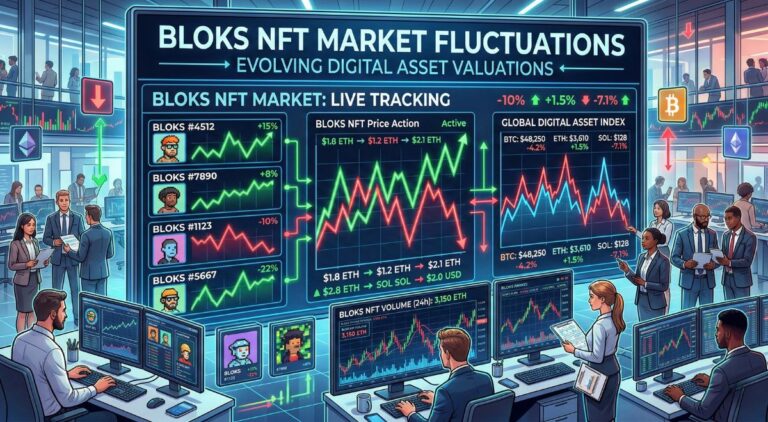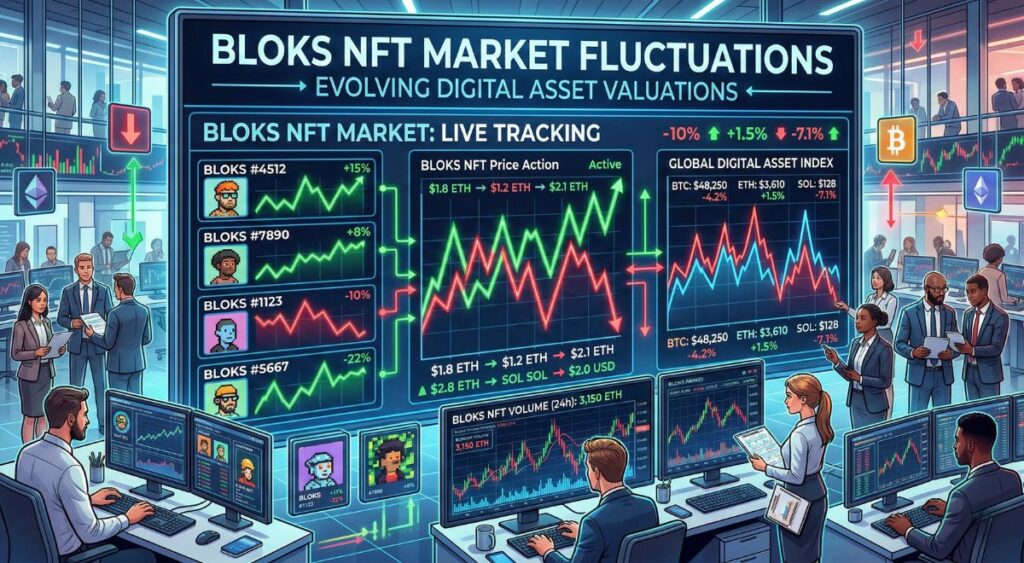September 16, 2025 — American Express has introduced a new way for travelers to capture their journeys, launching blockchain-based NFT passport stamps for U.S. Amex cardholders. The initiative blends nostalgia with cutting-edge digital technology, offering customers a modern alternative to the physical passport stamps that are gradually disappearing at international borders.
A Digital Twist on a Classic Tradition
The Amex Passport Stamps are issued as ERC-721 non-fungible tokens (NFTs) and stored on Ethereum’s layer-2 Base network. Each digital stamp records the country visited along with a short description, creating what the company describes as a “secure digital keepsake.”
Cardholders can also customize stamps to highlight specific aspects of their trips — from iconic monuments and cultural attractions to favorite meals and memorable hotel stays. Unlike physical passport stamps, which are uniform and functional, Amex’s version is designed to be more personal and expressive.
“As physical passport stamps continue to disappear, Amex Passport creates an opportunity for Card Members to celebrate their travels,” said Luke Gebb, Executive Vice President at Amex Digital Labs.
Privacy and Security
To protect user privacy, Amex clarified that the NFT stamps do not contain any personal data and are non-transferable. This ensures that while the stamps remain unique to the individual traveler, they cannot be traded or resold in secondary NFT markets.
Instead, the focus is on preserving memories and creating a secure, decentralized travel record. Users can share their NFT stamps on social media platforms or save them to their devices for personal archiving.
Blockchain data reveals that the smart contract for the Amex travel stamps was deployed nearly a month ago, signaling that the company has been quietly preparing for this launch.
Consumer Interest in Digital Keepsakes
Amex pointed to survey findings to highlight demand for this kind of innovation. According to the company, 73 percent of respondents expressed interest in commemorating their travel digitally, while 56 percent admitted they missed receiving physical passport stamps at border crossings.
The project appears to target this mix of nostalgia and modernity: evoking the sentimental value of passport stamps while introducing a sleek, technology-driven way to relive travel experiences.
NFTs in the Travel and Lifestyle Space
American Express is not the first global brand to experiment with NFTs as a customer engagement tool. Several major corporations have rolled out similar initiatives in recent years:
Lufthansa Airlines launched “Uptrip,” a loyalty program where passengers collect NFT trading cards tied to their flights. These cards can be redeemed for perks such as lounge access and cabin upgrades.
Mastercard introduced NFT-based experiences through its “Artist Accelerator” program, using tokens as passes to exclusive music content.
Starbucks piloted “Starbucks Odyssey,” which merged its Rewards program with NFT “Journey Stamps.” The project was discontinued, but it highlighted the company’s exploration of NFTs as engagement tools.
For Amex, the NFT passport initiative builds on its reputation for travel-related perks and benefits, leveraging blockchain to deepen customer loyalty while staying relevant in a shifting digital landscape.
Market Context: NFTs Stage a Comeback
The timing of Amex’s launch coincides with a noticeable rebound in the NFT market. After a prolonged slump, trading volumes surged to $578 million in August, while overall NFT market capitalization climbed to $9.3 billion, representing a 40 percent increase within a single month.
Industry observers note that the revival is driven by both speculative trading and corporate adoption. By tying NFTs to travel, music, and loyalty programs, companies are reframing them as practical digital assets rather than mere collectibles.
Balancing Innovation and Usability
For American Express, the challenge will be ensuring that NFT stamps are not seen as gimmicks but as meaningful, user-friendly features. The choice of Base, Ethereum’s layer-2 network, signals a commitment to efficiency and lower transaction costs, which could make the process smoother for mainstream users who may not be familiar with blockchain mechanics.
The fact that Amex stamps are non-transferable also suggests that the company is emphasizing personal utility over speculative trading. Rather than creating a secondary market, Amex appears to be leaning into NFTs as digital memorabilia — aligning with the brand’s emphasis on lifestyle, travel, and experience.
Looking Ahead
The launch of Amex Passport Stamps highlights how financial institutions are experimenting with blockchain beyond payments and digital currencies. By reimagining something as universally recognizable as passport stamps, American Express is tapping into both customer nostalgia and the growing appetite for digital collectibles.
If successful, the initiative could pave the way for additional blockchain-based travel services, such as NFT boarding passes, personalized itineraries stored on-chain, or integrations with loyalty programs.
For now, the company is betting that blending tradition with innovation will resonate with travelers. As Gebb noted, “Amex Passport creates an opportunity for Card Members to celebrate their travels” in a way that merges timeless experiences with modern technology.
















